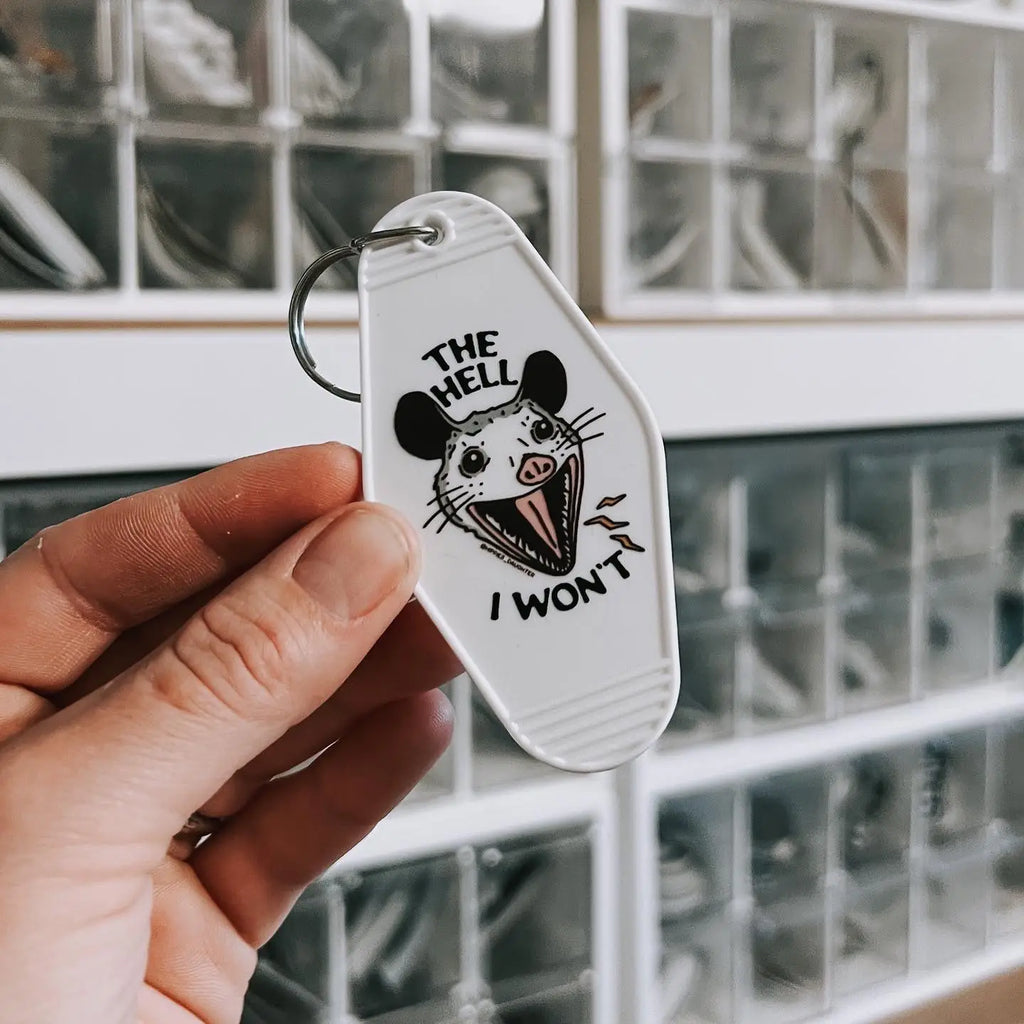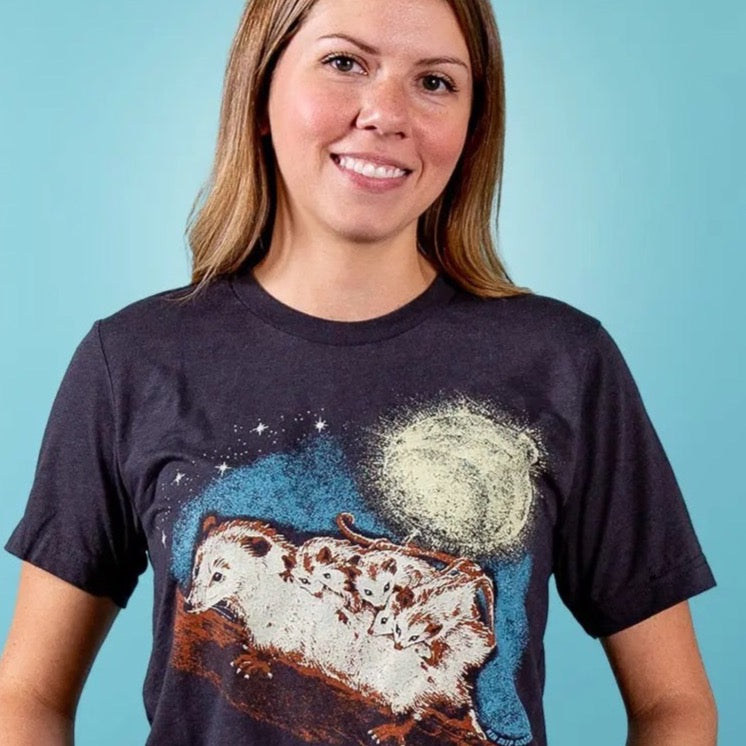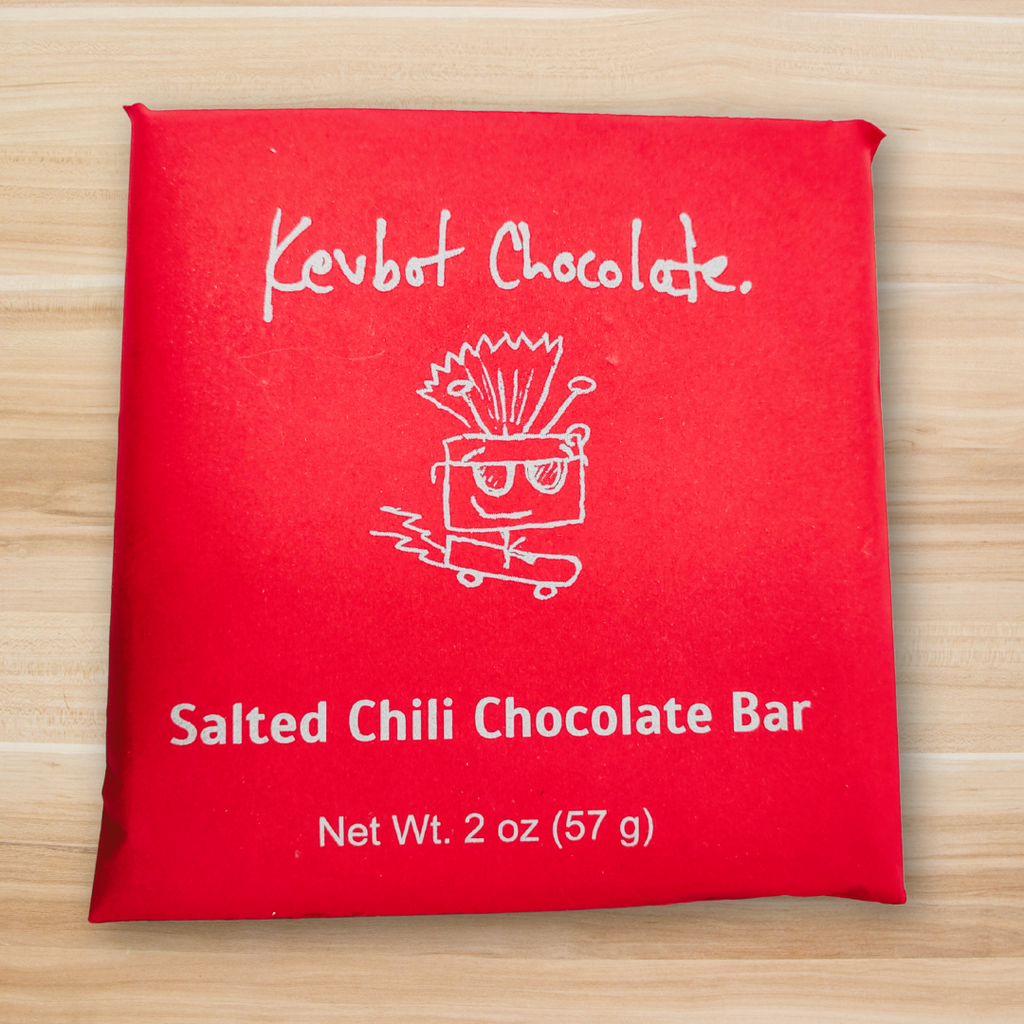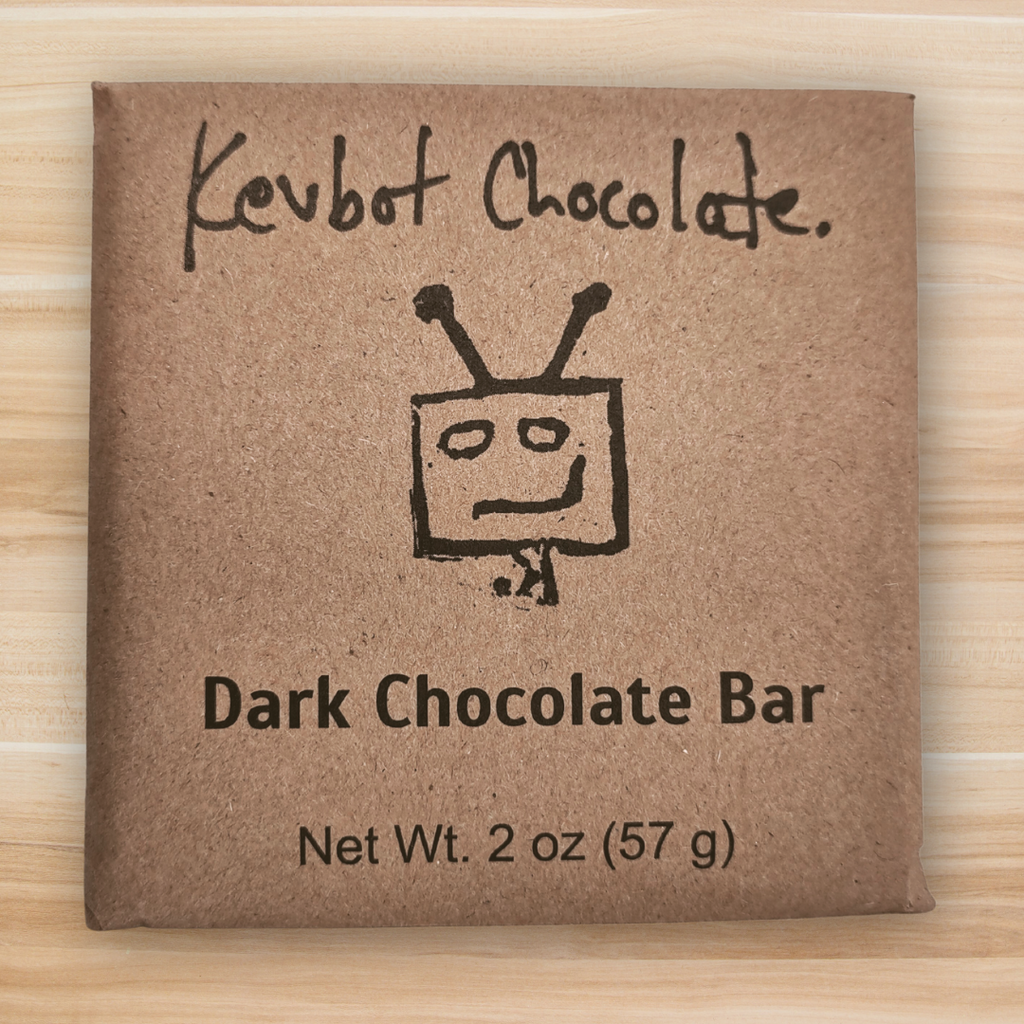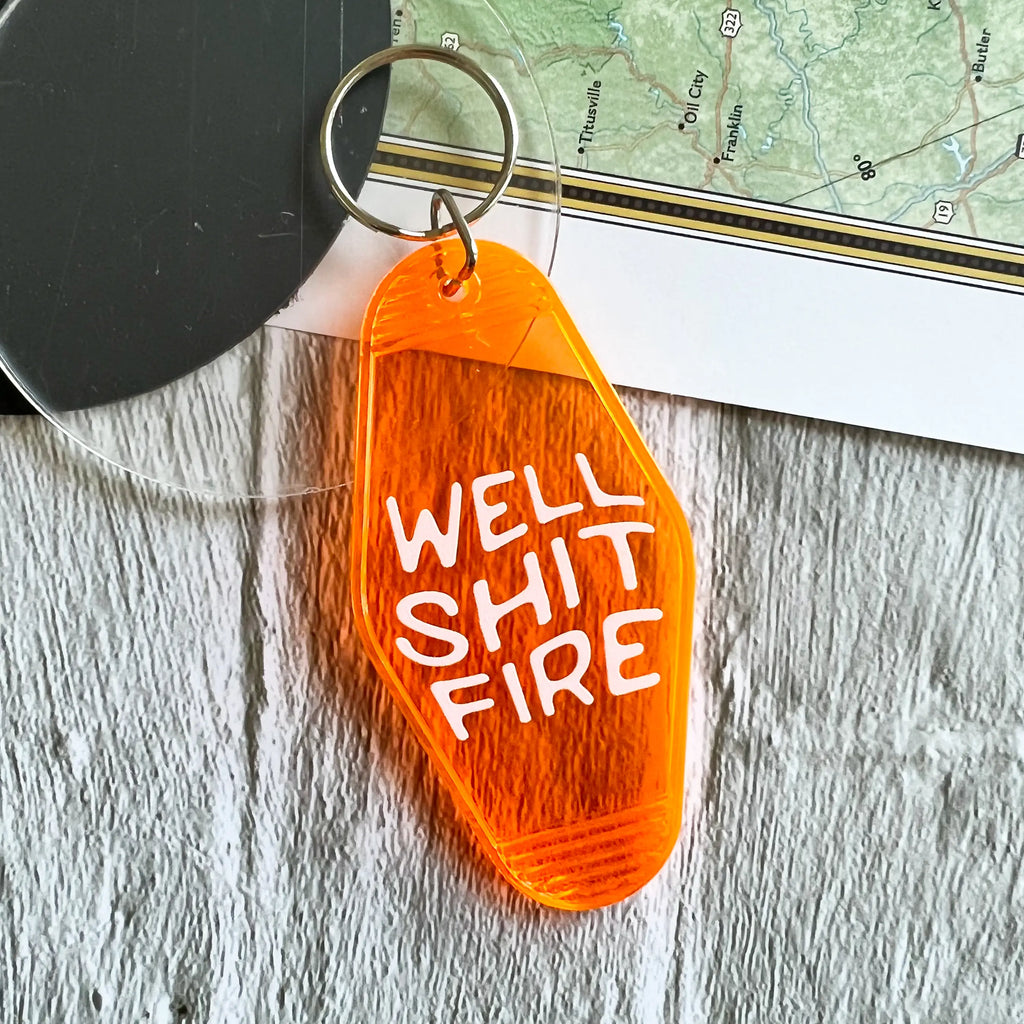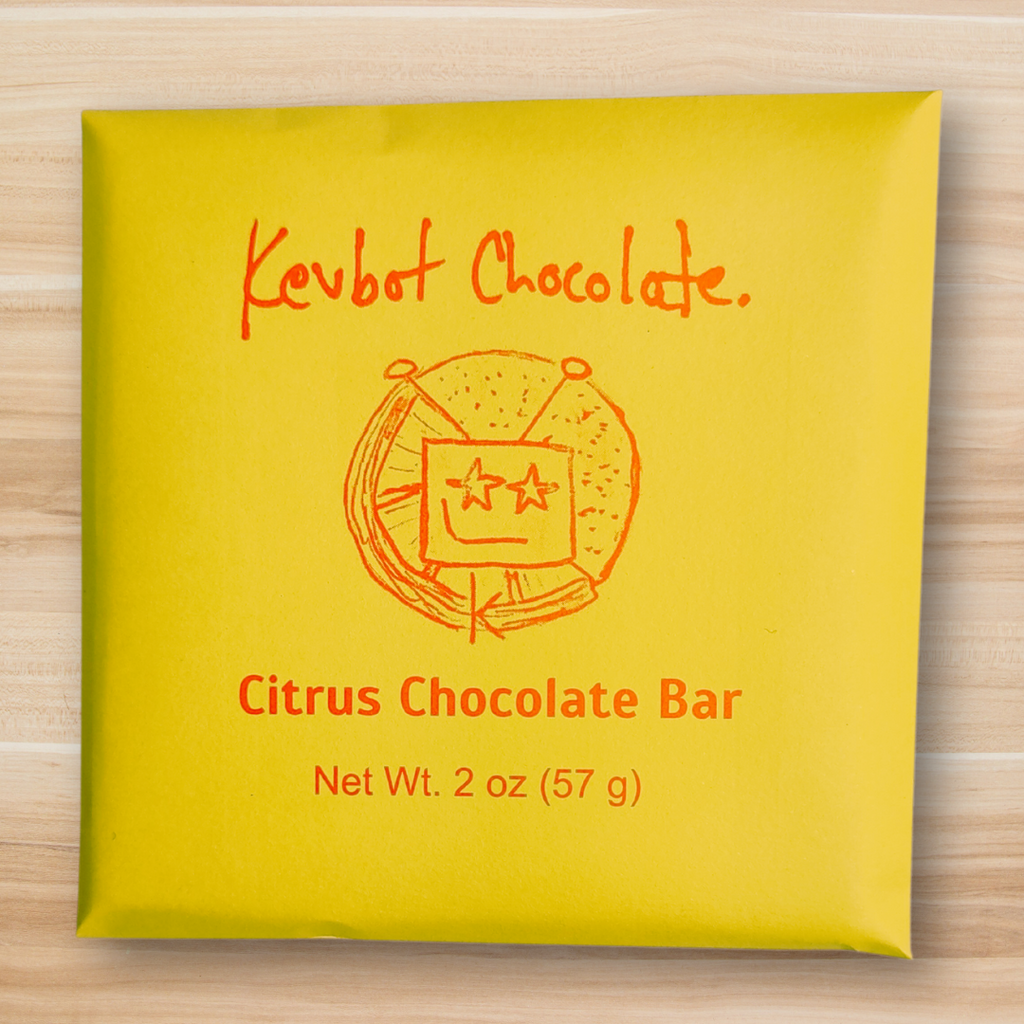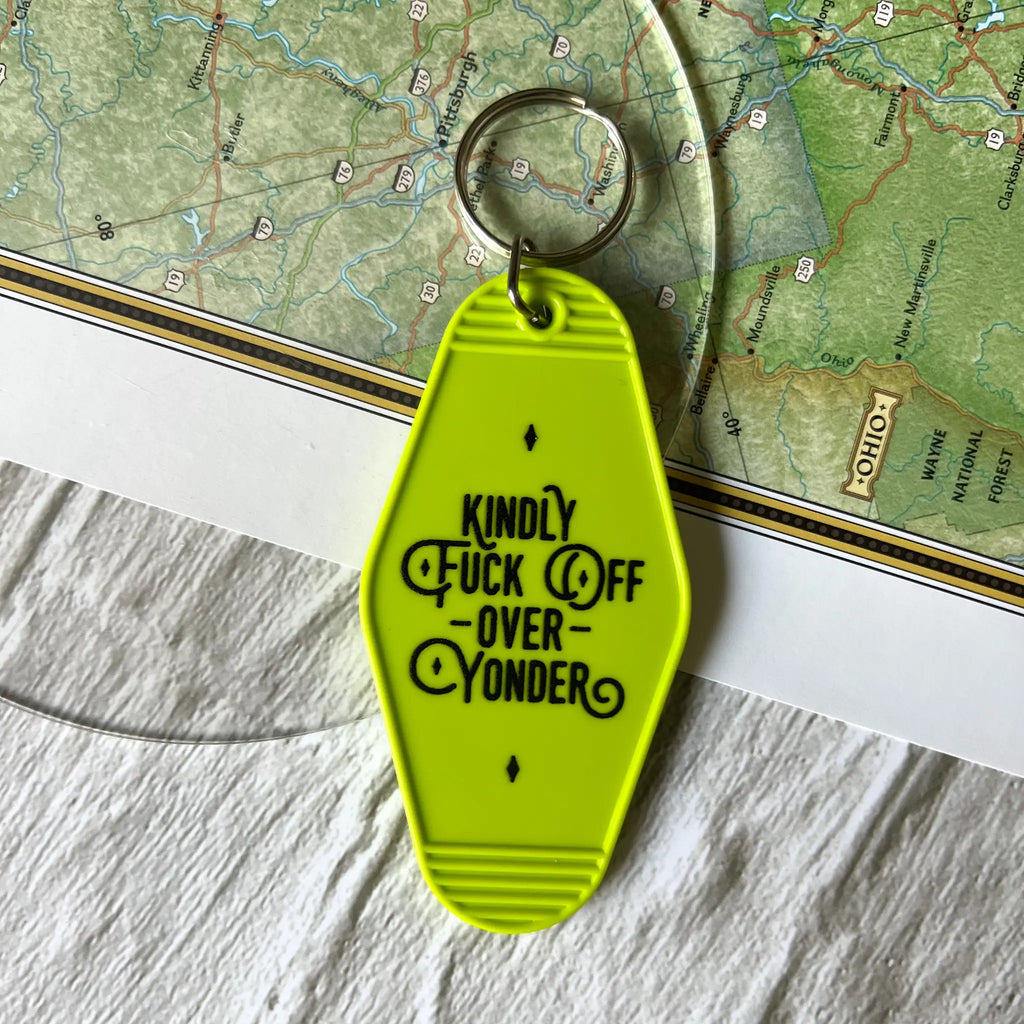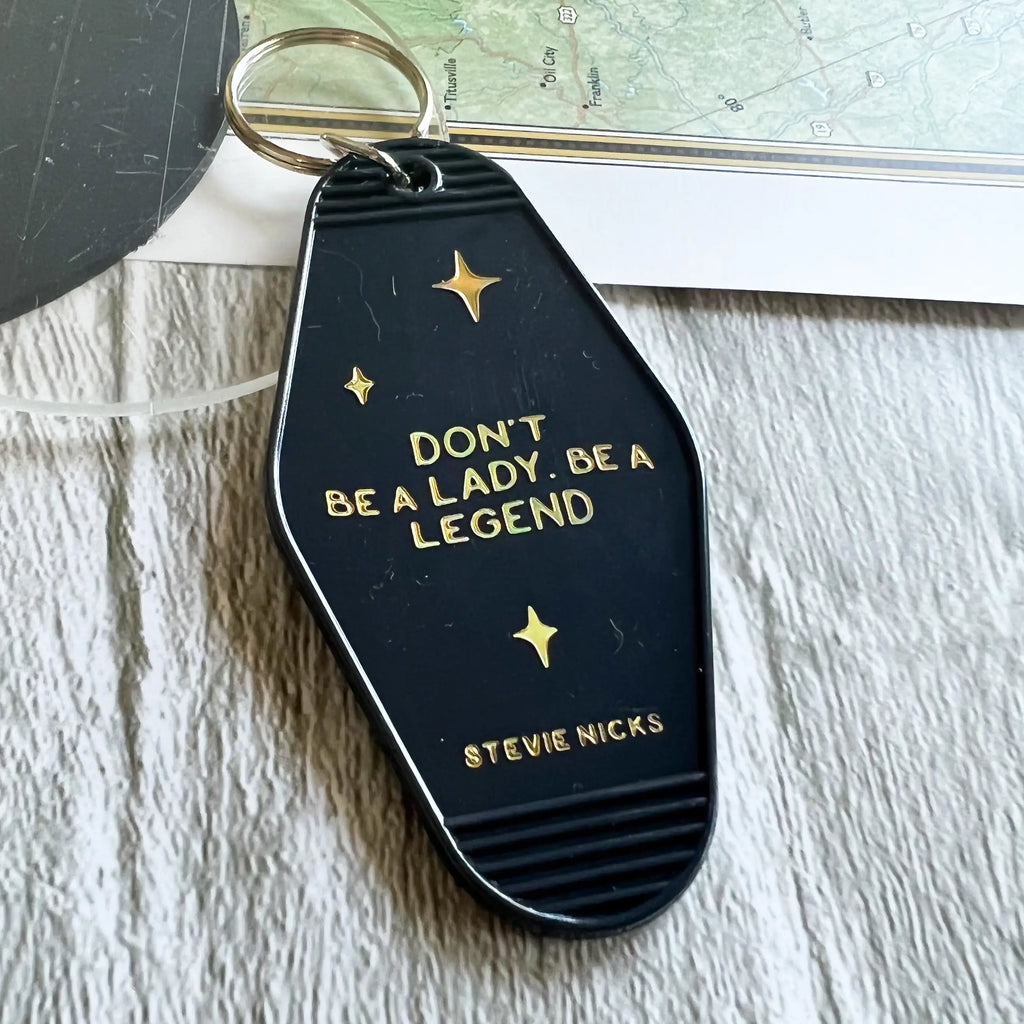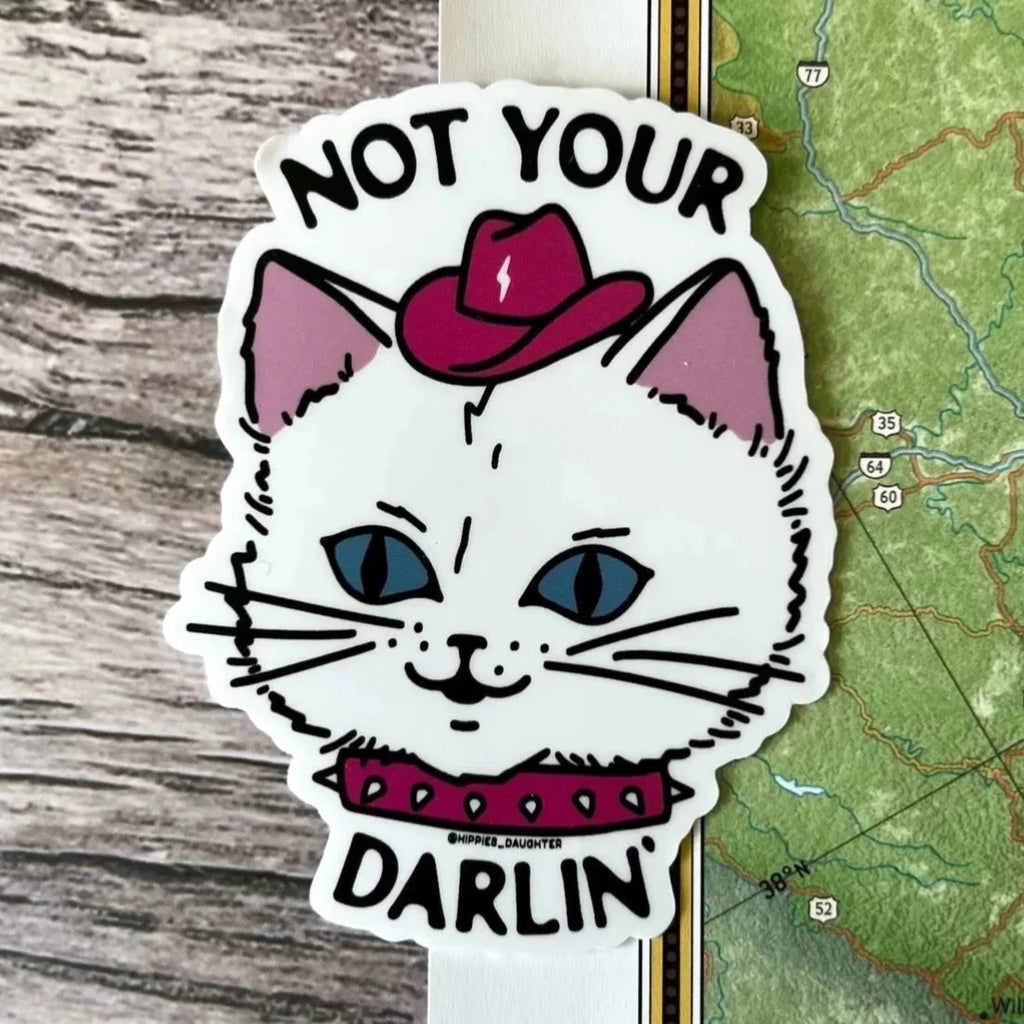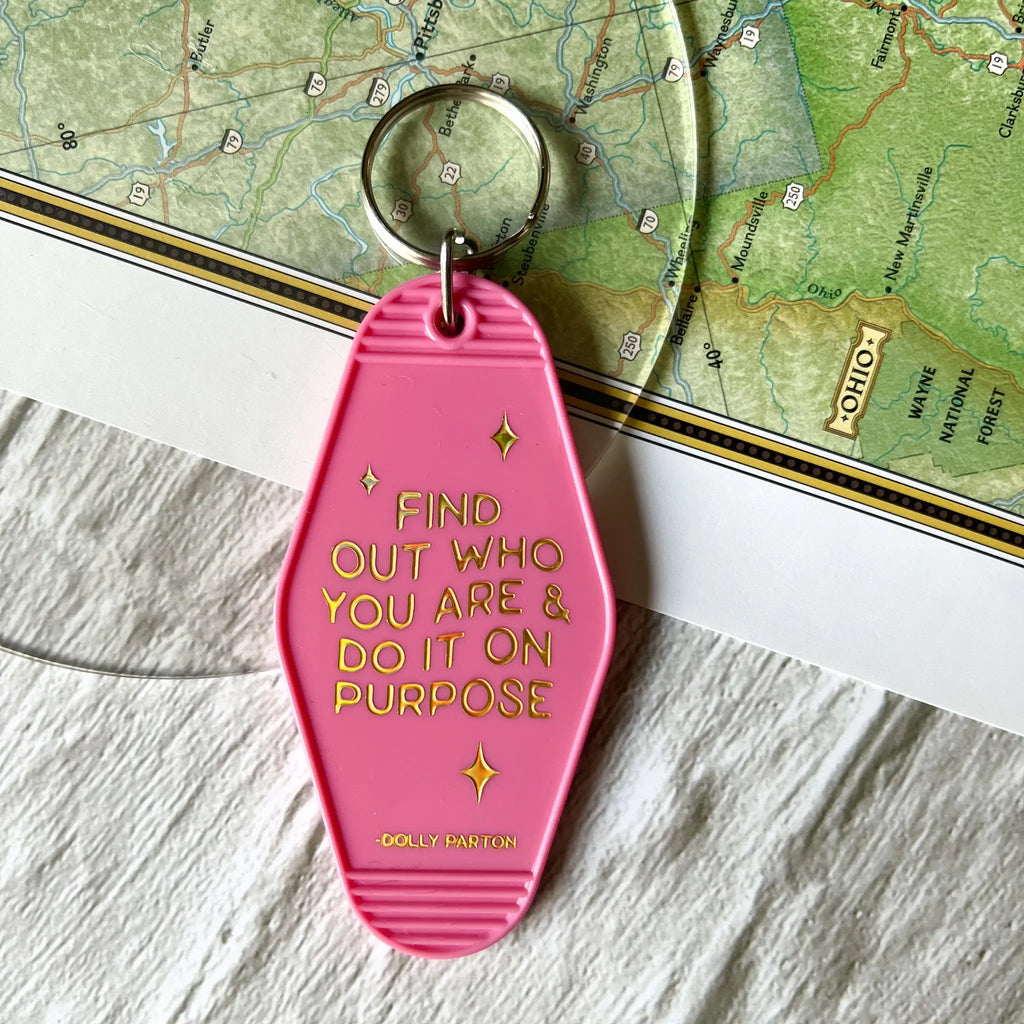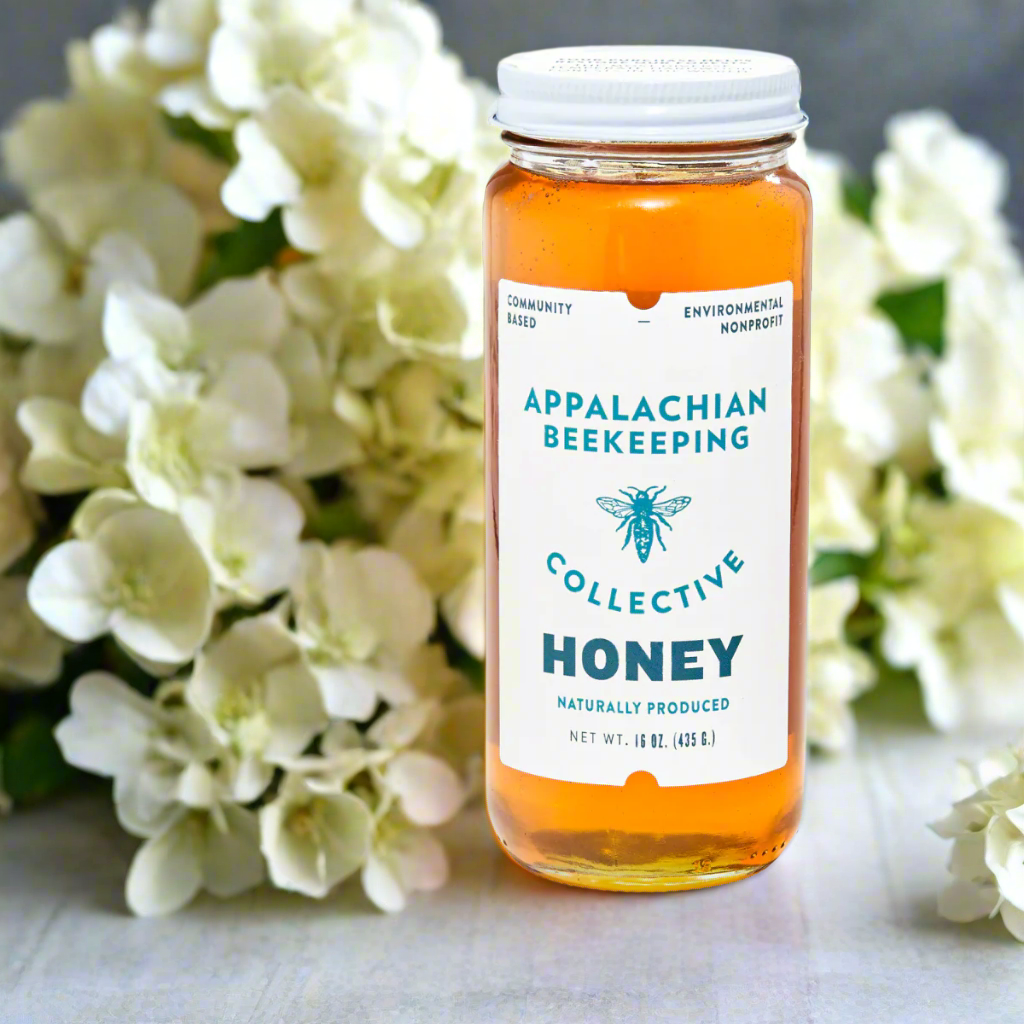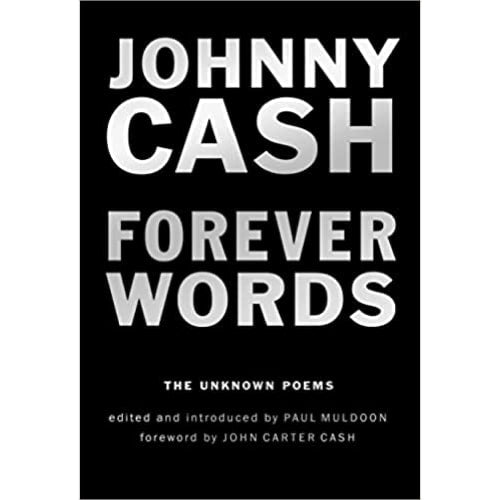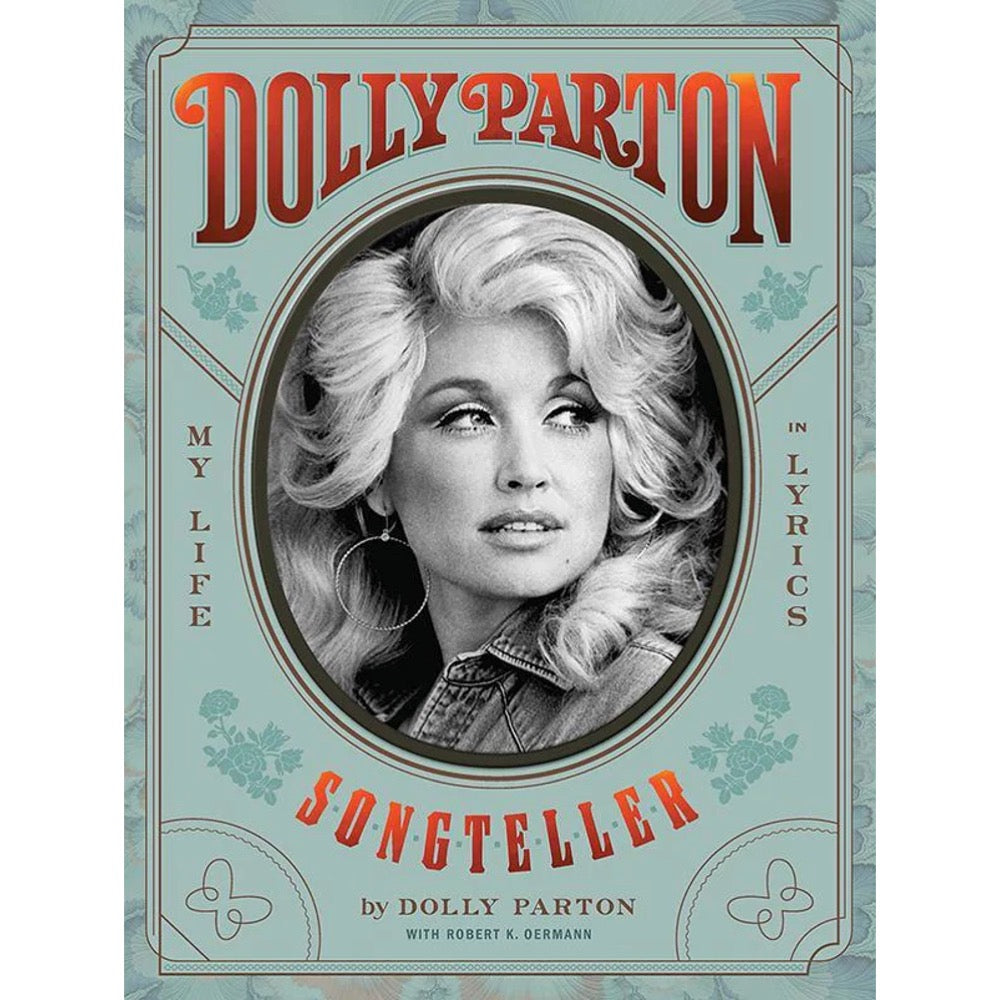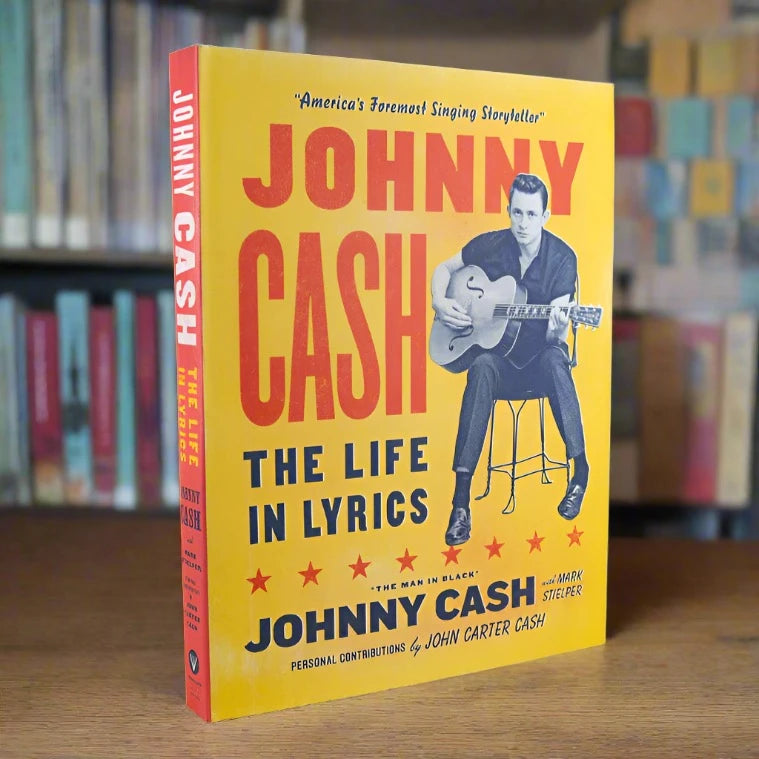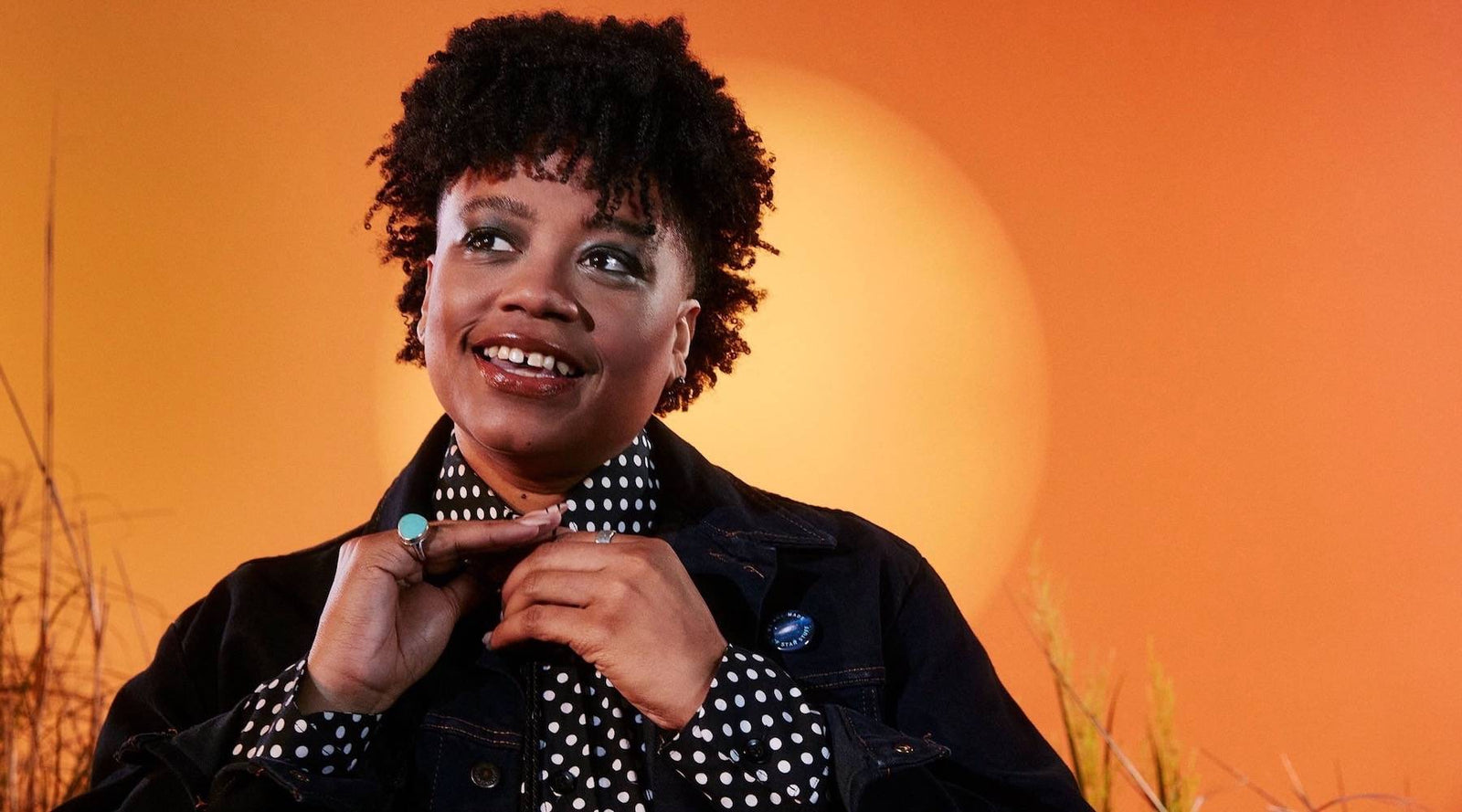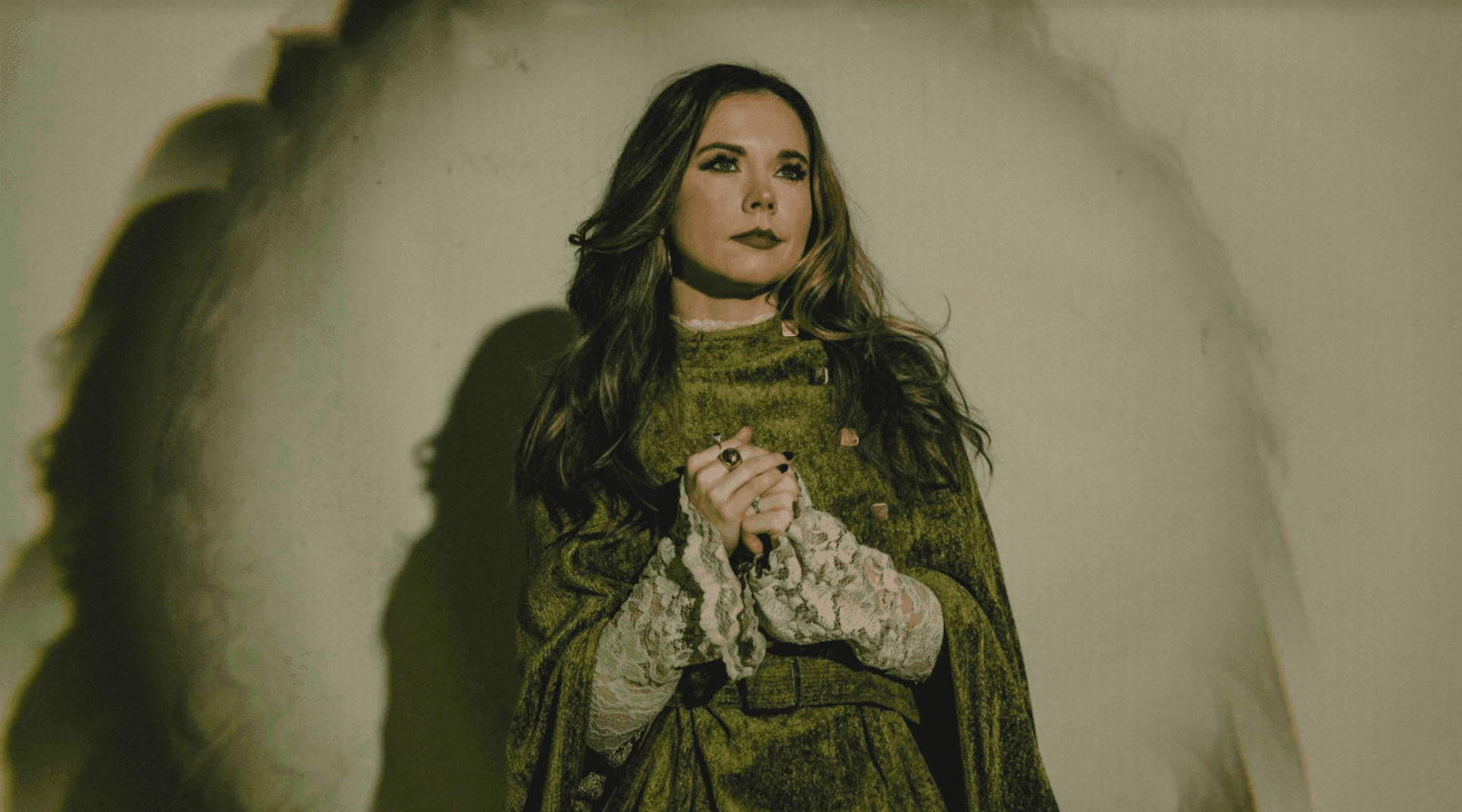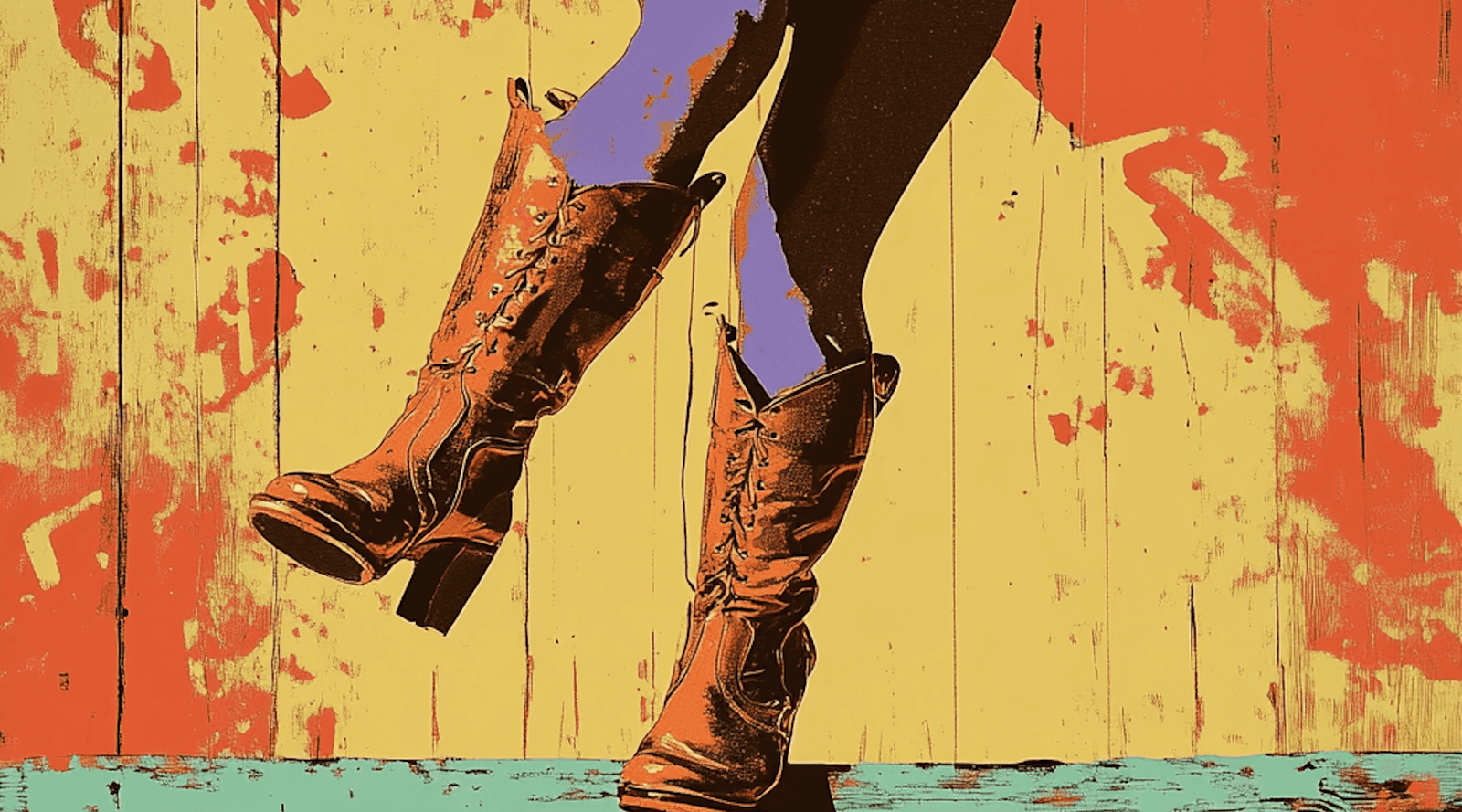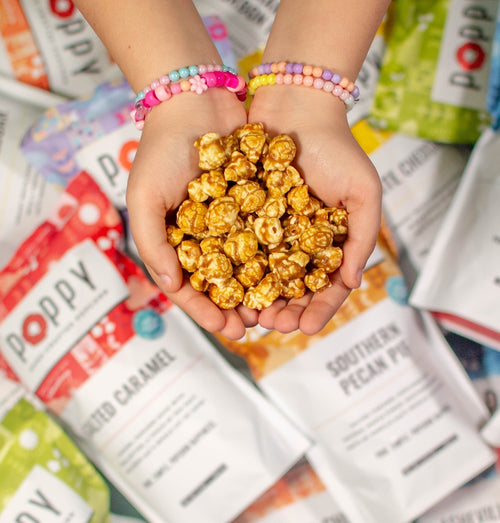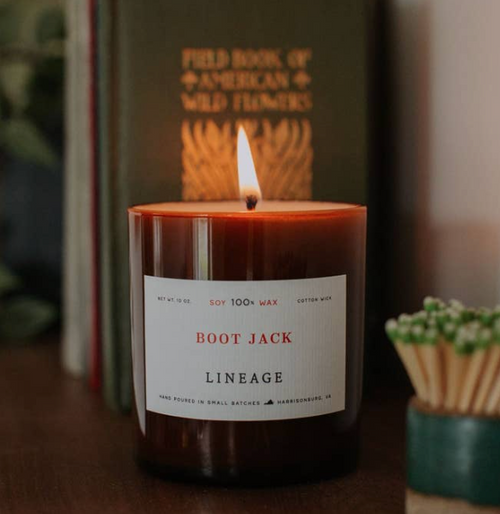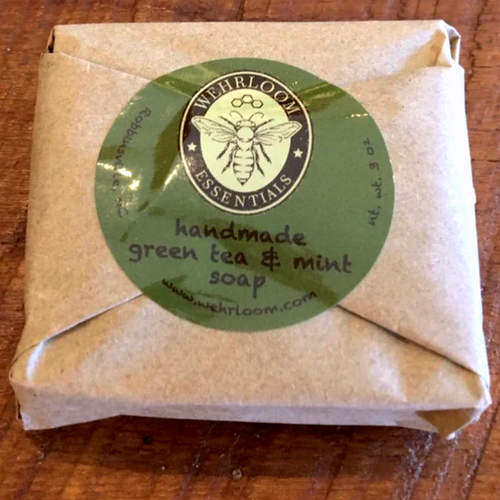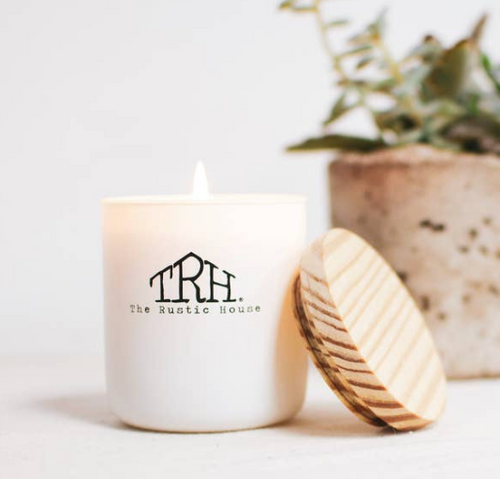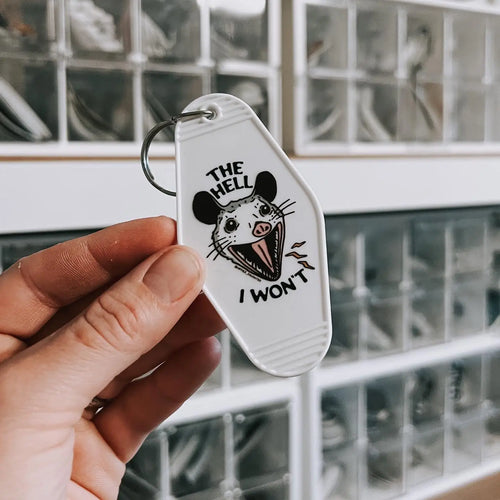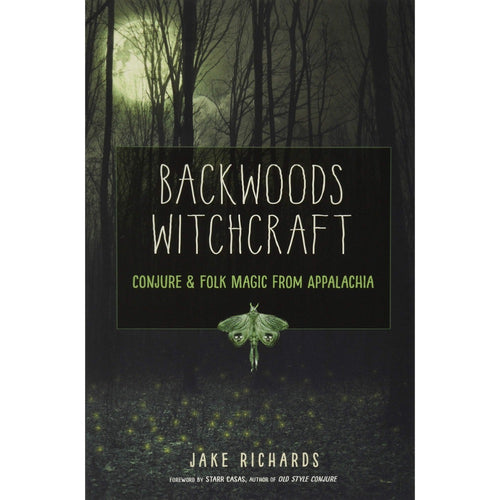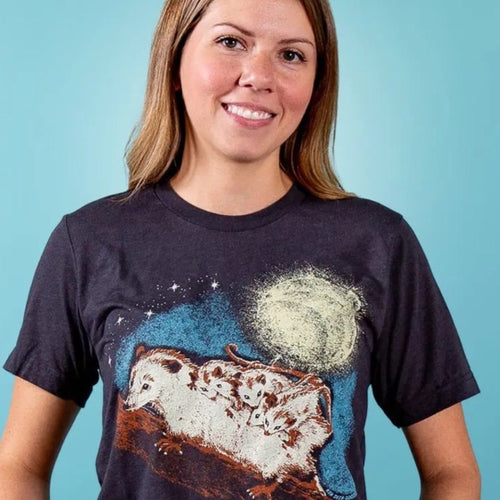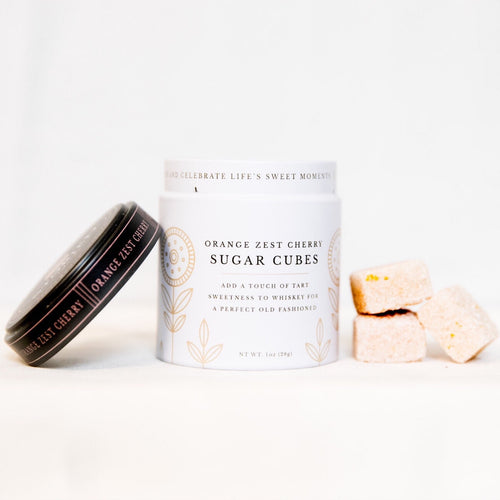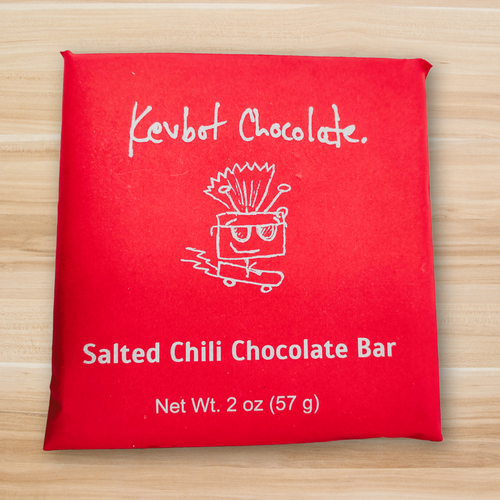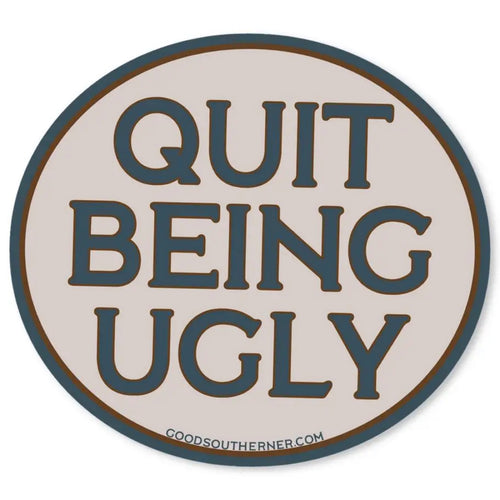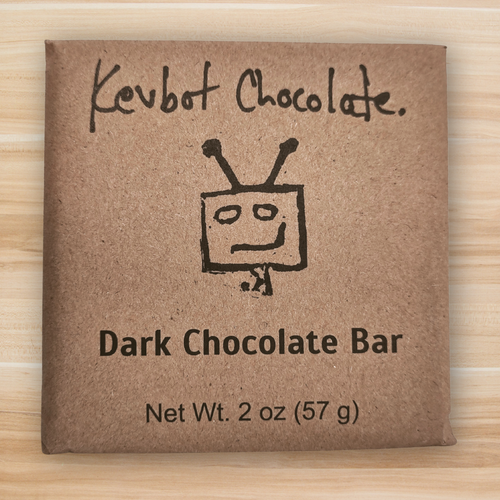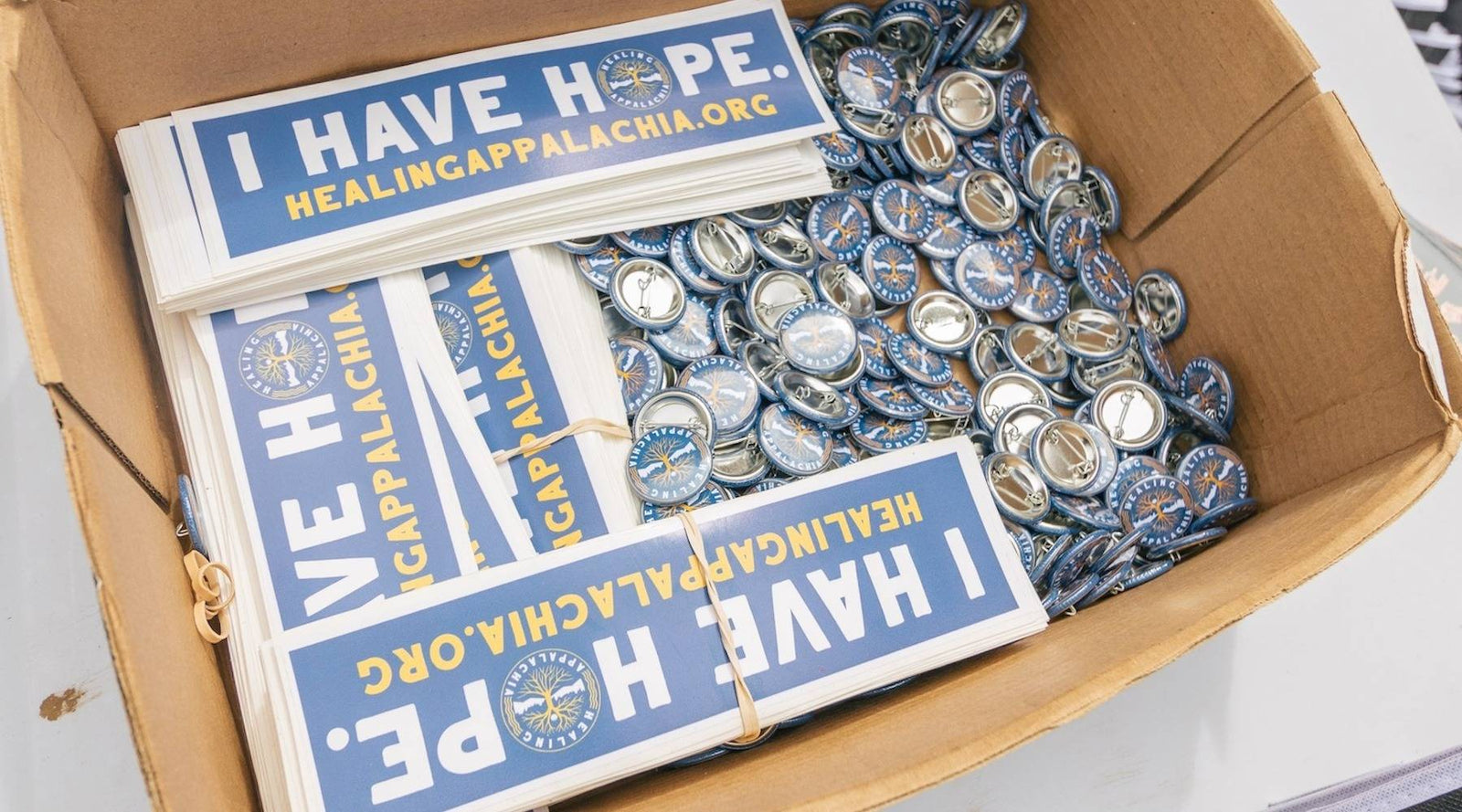
PHOTO COURTESY OF HEALING APPALACHIA.
"On Aug. 15, 2016, the small city of Huntington, West Virginia gained international headlines when 26 people overdosed in one day. This fateful day hammered home the fact that drug overdose is the leading cause of death for people under 50 in the United States." — Healing Appalachia
Last year, I had the privilege of doing something deeply meaningful—I hosted the final night of Healing Appalachia. Inspired by the music festival Farm Aid, which has benefited U.S. farmers since 1985, this event combats opioid addiction in Appalachia. My role included introducing bands, making announcements like, “Please return the puppy to the Humane Society tent,” and letting people know when lost cell phones were found. But beyond these duties, I witnessed the transformative power of recovery. Standing before thousands of people, many carrying their silent burdens, I represented myself and the countless others who have walked the difficult path of sobriety.
The event was magical, filled with Americana music and a profound sense of solidarity. I had the chance to meet Tyler Childers and stand backstage as he performed his Appalachian magic. It was the kind of gathering my brother, Corey — who recently passed away from an overdose — would have likely attended with his recovery group. He desperately needed the sense of community and hope that Healing Appalachia fosters, but tragically, Corey never found it. His death, alone in a Huntington alley, is a reminder of the realities that so many West Virginia families face.
Corey’s death in 2024 is connected to the roots of Healing Appalachia, an organization born on August 15, 2016, when Huntington, West Virginia, gained international attention after 26 people overdosed in a single day. This day underscored the devastating impact of opioid addiction, revealing that overdose was the leading cause of death for people under 50 in the United States. Recognizing the urgent need to act, a group of kindred spirits came together, using their musical gifts and community love to create Hope in the Hills, LLC, which produces the annual Healing Appalachia concert.

In Huntington, the roots of recovery have grown strong and are nurtured by organizations like Coalfield Development, where my brother was involved before his passing. Coalfield has been a beacon of hope for those looking to rebuild their lives through meaningful construction trade programs — a successful recovery-to-work initiative. My brother was doing well in his program. He had been given a real opportunity to turn his life around with skilled trade work, and he was making progress.
Organizations like Coalfield remind us that healing is possible and recovery is within reach. They have many success stories, and I will count my brother as one, even after his death. My brother, Corey Brian Armstead, was a dad, brother and friend. He found joy in the kitchen, in hip-hop music, and in the love of his family. His passing at age 38 is a loss that our family feels deeply. I’m grateful that our father and his wife, Corey’s mother, who both passed away in 2023, didn’t have to endure that call — “Corey has been found dead.”
I am in a season of mourning, one that has profoundly tested my recovery, but this year, I’m grateful to be MCing again at the September 19-21 event at the Lewisburg State Fairgrounds, which will feature my hometown’s own Holler Angel, Sierra Ferrell, and many more.
I need it.
MADE IN WEST VIRGINIA
Every purchase helps keep our Appalachian magazine alive and thriving.
I was worried Healing Appalachia might not invite me back this year. Last year, I offered a lot, poems and ad libs including my many outfit changes—thanks to the Lewisburg Surf Shop. I was myself but sometimes that can be too much for some. And that insecure voice in me thought somehow, Healing Appalachia might not invite me back because they know I’ve been struggling.
The truth is, I’ve fallen off the wagon. In recovery terms, I’ve been “using,” though my use is different from what people might expect. I’m practicing harm reduction and living a California-sober lifestyle, trying to navigate what recovery means for me.
I’m thankful and honored that this year I get to stand with so many of my brothers and sisters who, like me, are practicing one step at a time.
In the face of my not-so-squeaky-clean sobriety, I’ve been thinking about what I will say, my own testimony on that stage, when I stand before everyone this year, knowing my sobriety isn’t 12-step approved. Maybe I’ll say, “I’m doing it, one day at a time,” or “Don’t give up before the miracle happens,” or “I miss my brother,” or “If you’ve got one hour or one hundred days of sobriety, keep going,” or “Call your sponsor.”
I’ll know I’ll say, “Let the music take you higher. Look around at all these people who believe recovery is possible!”
I’ll tread lightly, knowing that recovery is not a one-size-fits-all journey, especially for Black West Virginians, where resources and understanding are painfully scarce. Addiction in our community often goes unspoken and, when it is discussed, it’s within the confines of church or jail.
I’ve written about this before: In Appalachia, the face of addiction is overwhelmingly white, and so is the story of recovery. This narrative leaves Black Appalachians struggling in silence, disconnected from the resources that might help them.
MOUNTAIN MUSIC FAVORITES
Every purchase helps keep our Appalachian magazine alive and thriving.
Recovery taught me to value monotony over chaos, to find solace in life’s small, predictable rhythms. But even in sobriety, challenges persist—and people continue to die. For Black people in Appalachia, the journey through addiction and recovery is compounded by race, adding another layer of complexity to an already challenging process. My brother knew this well; his interactions with the law and the favoritism of programs that offer recovery to some and jail to others highlighted the double standard in how addiction is treated.
When I was deep in my recovery — attending meetings and following the program — I was often the only Black person in the room, alone in navigating both the struggles of addiction and the micro-aggressions of racism.
While backstage at Healing Appalachia, last year, I didn’t feel the weight of racism, but more the community of recovery. The festival is for the recovery community, a real “for us, by us” creation tapping into the superpowers of more than 450 recovery volunteers who camp at the fest for a week, who build the stages, who speak from those stages, who help with security, the campground and helping the Hope in the Hills volunteers and professional production staff pull off what is one of the world’s largest recovery festivals. Although Healing did — and does — have national Black music acts represented, the production itself was overwhelmingly white. This reminded me of the double standard in recovery and addiction-related incarceration, a reality that is infuriating but undeniable.
West Virginia, the only state entirely within Appalachia, still holds the highest rate of fatal overdoses in the nation. The data shows a disturbing trend: while the number of Black Americans in the state is small, the impact of overdose deaths on our community is disproportionately high. This reality is consistent with the broader national trend, where Black Americans are increasingly bearing the brunt of the opioid epidemic.
But does anyone truly understand the numbers, the data, the immeasurable loss of family structure and opportunity?
I do.
Healing Appalachia matters because it is about more than just recovery; it’s about reclaiming our communities, creating spaces where all are welcome.

Writer Crystal Good (right) with musician Tyler Childers (center right) and Healing Appalachia 2023 MC’s Autumn McGraw and Kenny Matthews.
Crystal Good is the founder and publisher of Black By God THE WEST VIRGINIAN, a print and multimedia publication centering Black voices to address the news and information gap in central Appalachia. She is also a poet who is finally in recovery from many karmic lessons. Crystal tweets: @cgoodwoman


